




How Communities Awaken
How Communities Awaken is a series of essays written by vivian Hutchinson from Taranaki. Here we share the essays, alongside some insights and perspectives from Inspiring Communities team members and clips that stretch these conversations from Tu Tama Wahine o Taranaki.
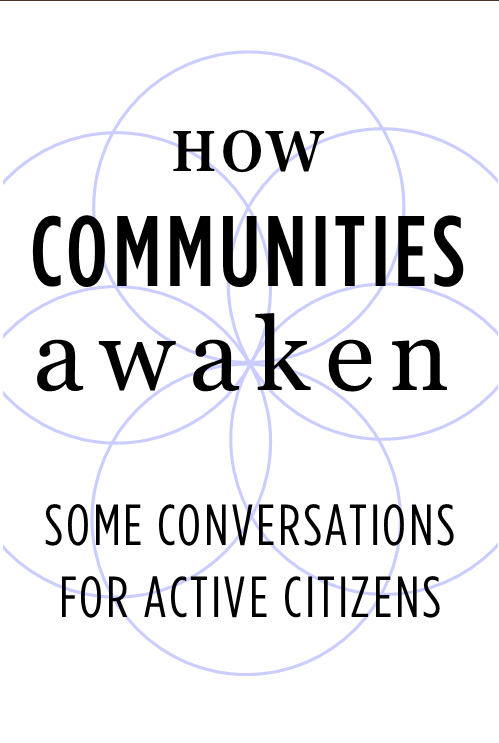
These essays delve into key community conversations from both the personal and communal perspective. The chapters break down the necessary ingredients for Active Citizenship, framing an understanding of our world where we as citizens can identify the tools, resources and inner drive to make the change we want to see.
Have a look at this diagram that helps us to visualise how these conversations sit together.
vivian’s essays were core resources in the Taranaki Active Citizenship masterclass process. Below you will find our conversations around each chapter and some accompanying videos from Tu Tama Wahine. Read our story, Fostering Active Citizenship – Learning from Taranaki to find out more.
Diving deeper – reflections from a community-led lens
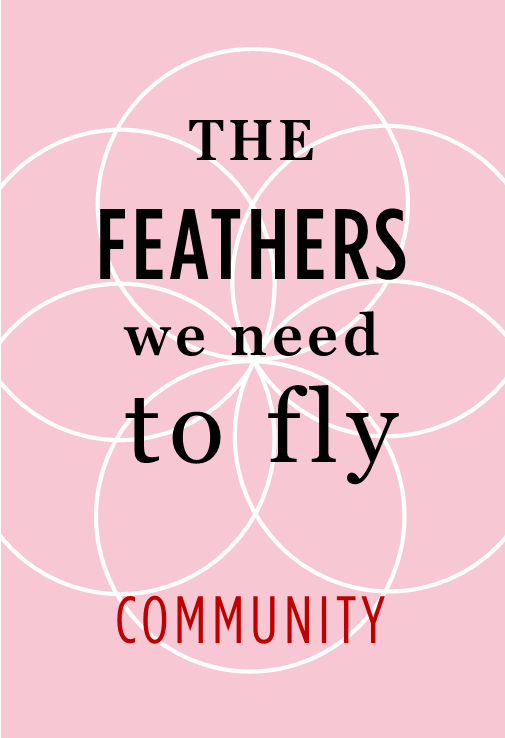
Community
If you spend a little time observing birds in our landscape, you will undoubtedly notice the complexity and beauty of the feather. Pick up a discarded duck feather at the local gardens, you’ll note its fragility, those fluffy little soft baby hairs, but also those iridescent, waterproof ones that automatically smooth together to form a strong barrier against the elements.
“Mā te huruhuru ka rere te manu – without feathers, the bird cannot fly.”
vivian draws from a lifetime in community – from activism, social entrepreneurship, disruption, and service, to identify the core elements of conversation in our communities. Looking at the speed of change across our social and economic lives, community is identified as messy and contradictory, complex, growing, living, active and unique to place. This conversation challenges us to consider what we have to offer, where we come from and where opportunity lies.
Tess Trotter, IC Communications.
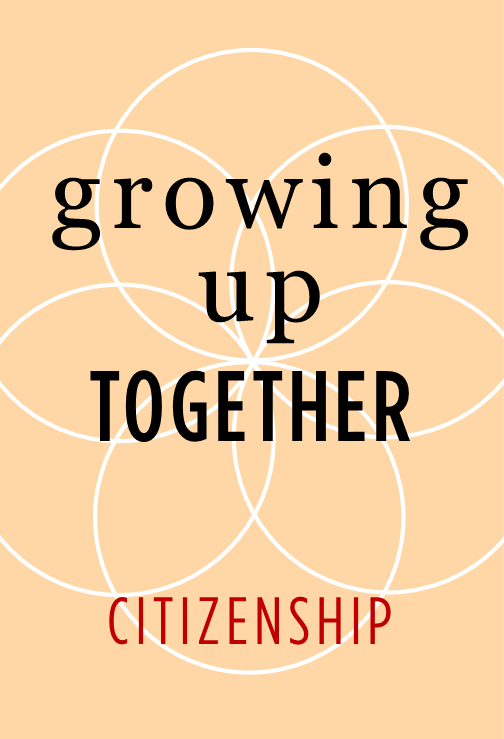
Citizenship
“Citizenship is that part of ourselves that we step into when we choose to serve the things that are beyond ourselves”.
Community-led development (CLD) reclaims the idea of active citizenship as a whole spectrum of community activity that includes those leading out front, through to the smallest steps we might take in our own household, neighbourhood or wider whānau to make our lives and the world a better place.
Citizenship matters and requires our urgent attention. In this chapter, vivian reminds us of the work we need to do to collectively rebuild and nurture our shared sense of belonging, contribution, committed action as citizens. At the heart of both citizenship and CLD is relationship, with conversations the key first step. But not just any conversations. Honest, open and intentional conversations that welcome diverse perspectives and challenge us to unpack what really holds us back – injustice, colonisation, racism, consumerism to name but a few. It’s the work we must do on our own and together. Time to get started!
Megan Courtney, IC
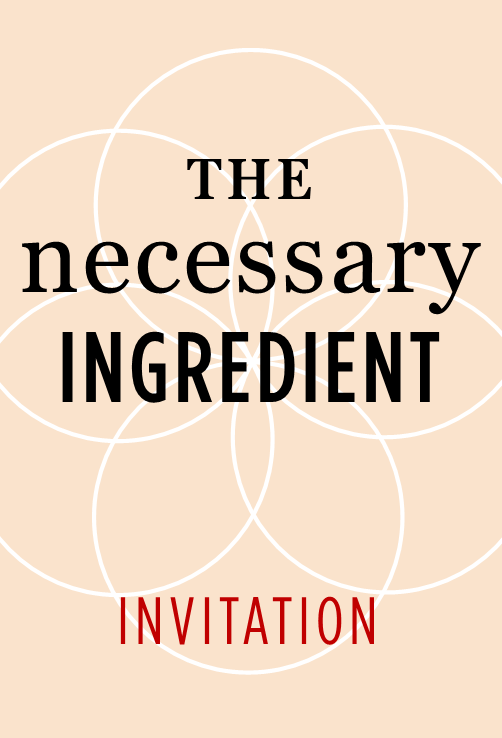
Invitation
“How valuable do you expect this experience to be?“
The message about ‘getting the invitation right’ really struck me as central to CLD practice. We invite people to be active citizens, engaging everyone’s strengths, growing shared local visions. The invitation feels like a potluck dinner compared to being a consumer at a café: everyone brings their gifts, there’s curiosity about what feast we might create collectively, relationships grow and often stretch us into shaping bold visions and bringing them into reality
Margy-Jean Malcolm IC
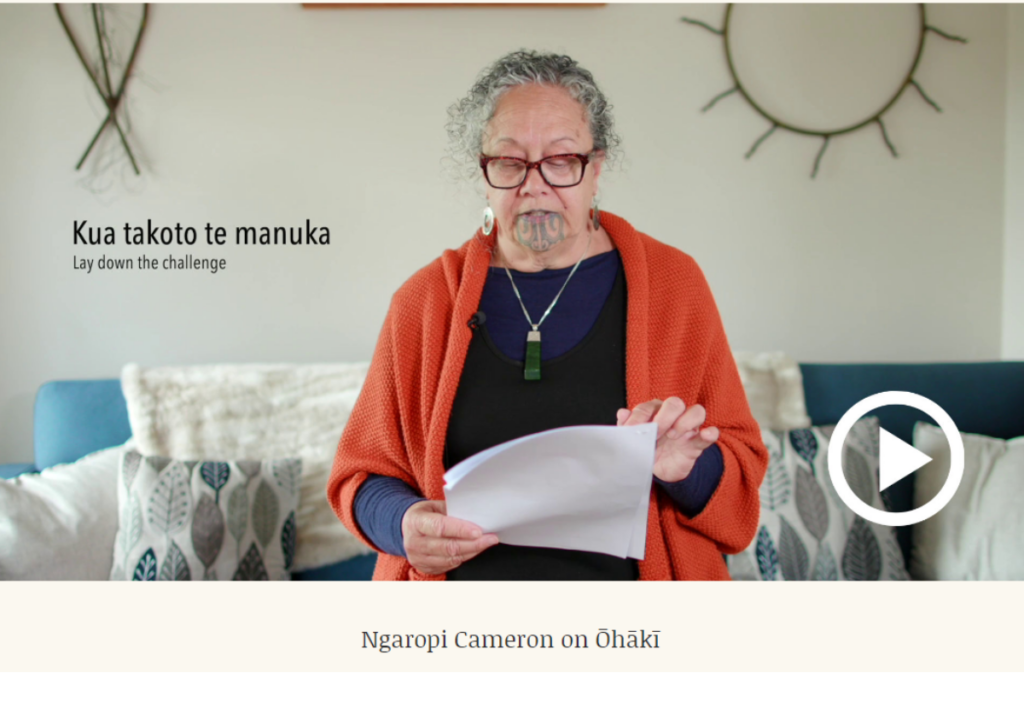
Stretching the Invitation Conversation
Presented by Ngaropi Cameron, Director, Tū Tama Wāhine o Taranaki
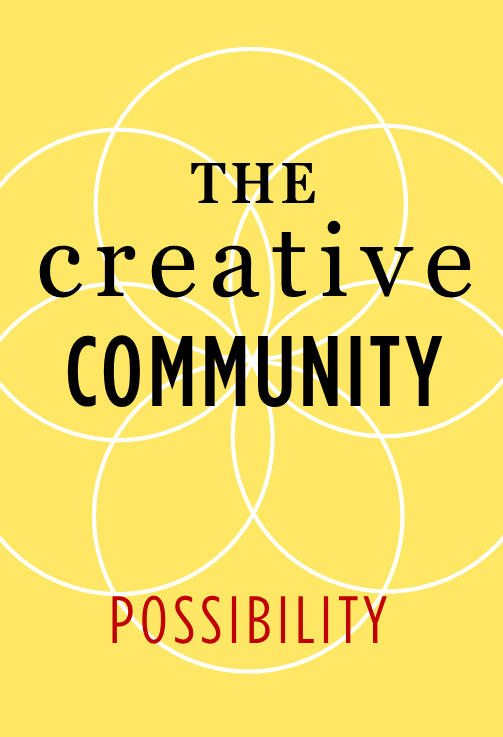
Possibility
“The fact of this is often taken for granted: human beings are community-making creatures.“
I loved the insight in this chapter about cultivating an imaginative mind to stretch our sense of what is possible. A CLD mindset focuses on strengths, assets, possibilities as the lifeblood from which healing and transformation happen. Fun, playful, creative dimensions of community-building are so important in lifting us beyond the weight of problems, despair or powerlessness. Together we find our courage to imagine a better future, our confidence to be creative, innovate, and learn by experimenting.
Margy-Jean Malcolm, IC
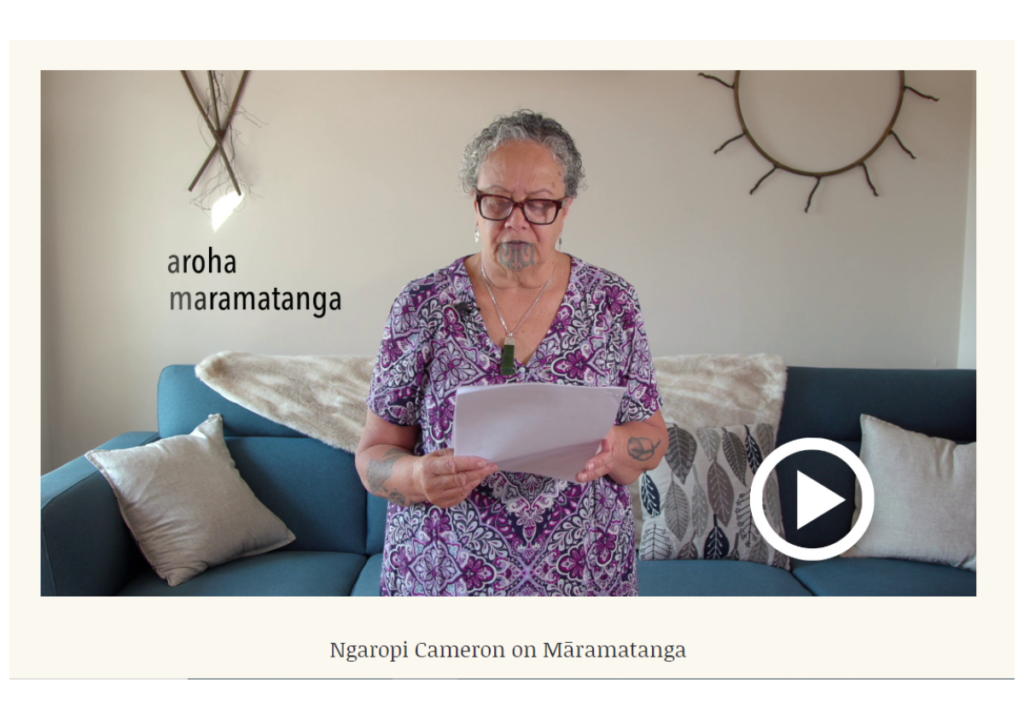
Ngaropi Cameron on Māramatanga
Ngaropi Cameron, Director, Tū Tama Wāhine o Taranaki
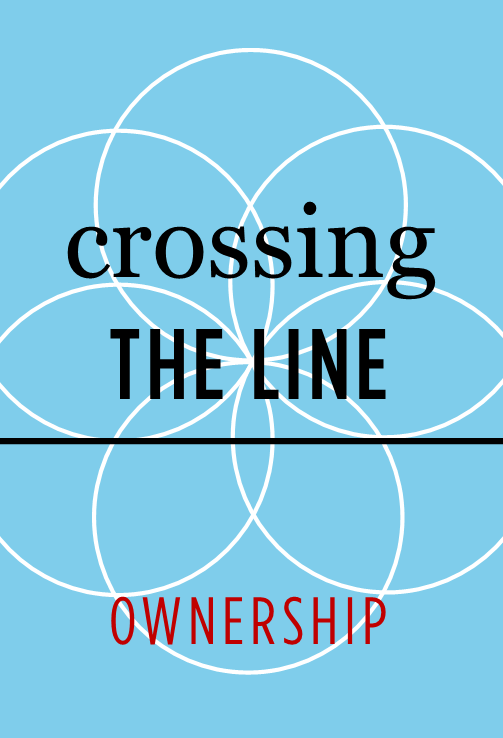
Ownership
“WE’VE GOT SOME challenging things to talk about. And it’s not all going to be positivity and possibility.“
The ownership conversation signals some challenging issues in CLD – it’s not all positivity and possibility. Power, privilege, inter-generational trauma, consumerism and colonisation are both external forces and internal narratives that we need to decolonise to support our sense of agency to make change. It’s an important nudge to notice when we lapse into “them and us” thinking, blame, excuses, denial – and a challenge to take responsibility to “cross the line”, and own our part in co-creating the futures we want.
Margy-Jean Malcolm, IC
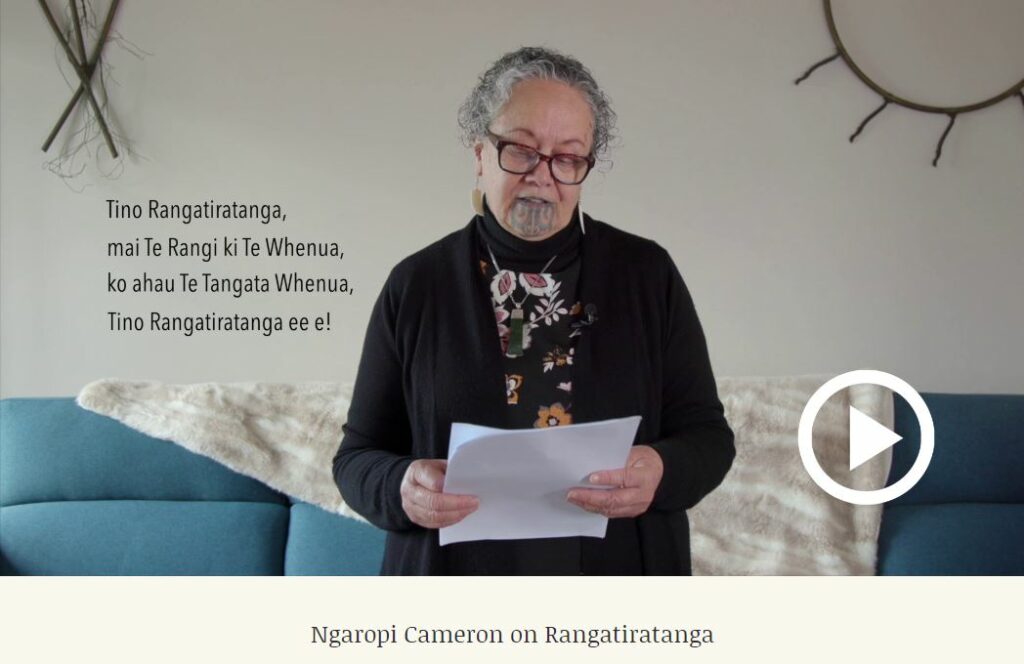
Ngaropi Cameron on Rangatiratanga
Ngaropi Cameron, Director, Tū Tama Wāhine o Taranaki
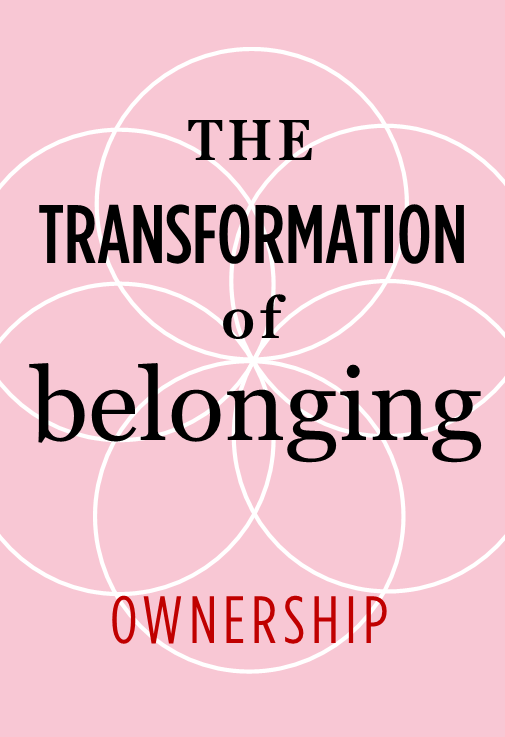
Ownership
The Transformation Of Belonging
“For me, the Ownership Conversation has been a life-long dialogue that has challenged and transformed my understanding of the nature of belonging.“
What’s our relationship with place, land, property? What if ownership was not about possession, but rather a deep sense of belonging and responsibility as ongoing stewards of the places we are connected to? I enjoyed the rich stories of kaitiakitanga of people, planet and place in action in this chapter, which remind us that CLD is about being strong kaitiaki of the past, present and future potential of our communities as places to live, work and play.
Margy-Jean Malcolm, IC
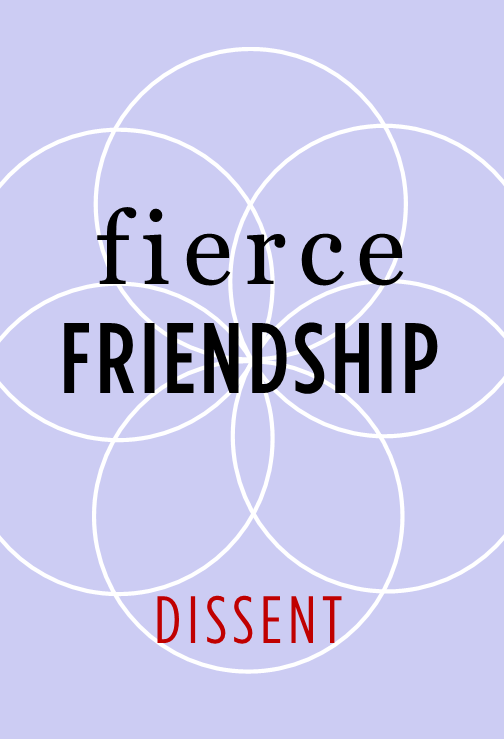
Dissent
“The plain fact of it is this: harmony can not happen if we are all singing the same note.“
From Inspiring Communities work in community-led change, we know that that innovation frequently happens on the edge. Some of the best solutions are created when people sit in relationship and discomfort long enough to really understand each other, and in doing so, uncover new pathways forward.
In CLD, conflict is actually part of good process, not something to be avoided. It’s just what happens when you bring diverse voices, sectors and parts of a community together.
In this chapter vivian reminds us about the need to welcome, hold and work with everyone’s voice – especially those of local citizens. Doing this effectively requires a commitment to host and work through courageous conversations where we all listen and learn to hold multiple truths – the binary of right and wrong does us no favours.
Megan Courtney, IC
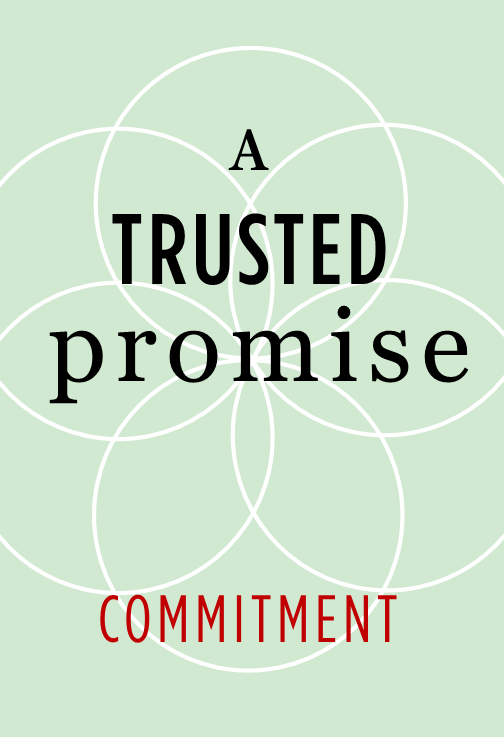
Commitment
“THE COMMITMENT CONVERSATION is about the promises you are making to yourself, and to your community.“
In my experience, relational accountability is far more powerful than anything written in a contract. It’s about doing the things we say we’ll do, not wanting to let others down. It’s these trust based relationships that also hold us when our work in community gets tough. We need people around us to tell it like it is, to keep us honest, so that collectively we can speak truth to power and challenge the policy, process and system injustices that often keep the status quo in place. And we need to keep others honest too – words without visible action to follow, is rhetoric at its best.
Megan Courtney, IC
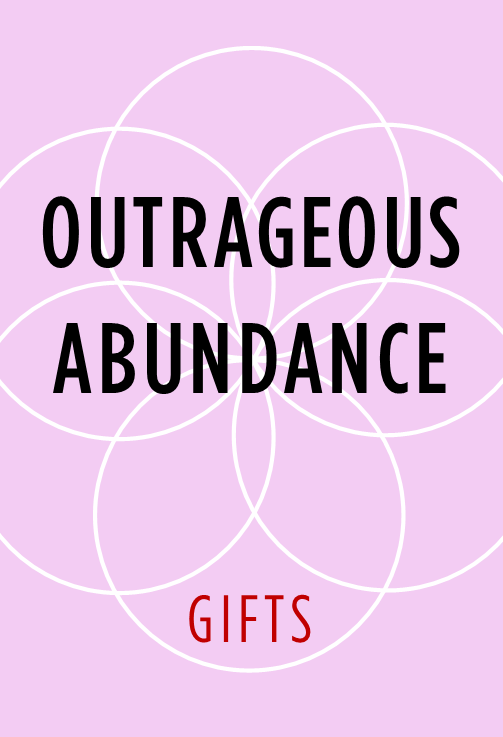
Gifts
“The plain fact of it is this: harmony can not happen if we are all singing the same note.“
These gifts conversation resources stretched my thinking about koha – as a tangible form of reciprocity, trust, whakapapa, connection, relationship – so much more than money. This challenges us to think expansively about what we are each giving and receiving in our community relationships – to grow a shared kete of knowledge, skills, experience, time and resources, yet including money too. CLD calls for deepest respect for the giving and receiving of everyone’s gifts, and in turn activates dignity, mana, wellbeing when we see what together we can make possible.
Margy-Jean Malcolm, IC
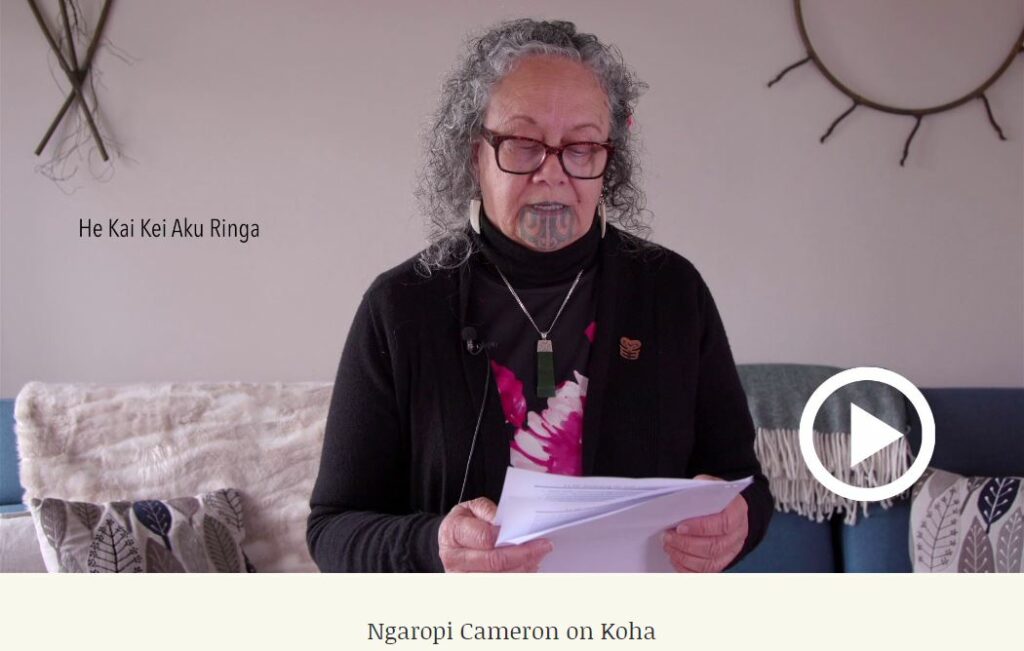
Ngaropi Cameron on Koha
Ngaropi Cameron, Director, Tū Tama Wāhine o Taranaki
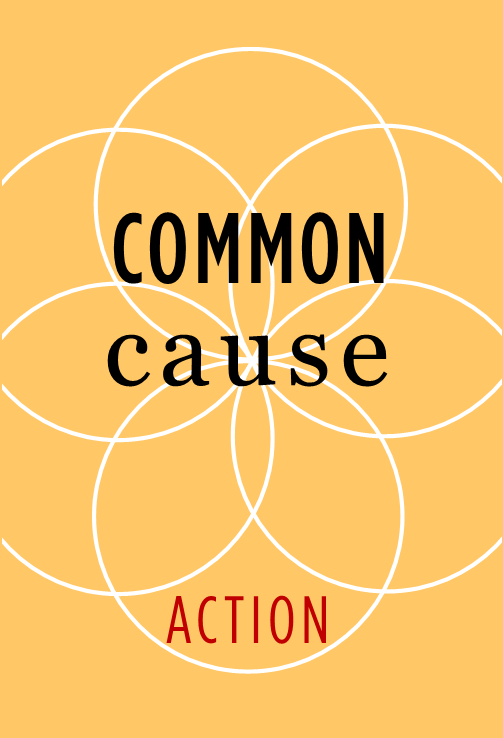
Action
“The smallest unit of wellbeing for human beings is not found in ourselves as individuals, or even as extended families…..but as communities.“
The CLD Theory of Change that has evolved in Aotearoa is based on the premise that all communities have the potential to thrive. The starting point for change is conversations between people, finding out about what you care about that’s in common and then taking that first next step of doing something small together. From small seeds, bigger things grow.
In this final chapter, vivian reflects on the essential elements for action – starting from where you are, working with what you’ve got and working in ways that are generative and generous. Community is what happens when all our contributions and actions come together, it’s always in movement and needs to be nurtured – not taken for granted.
Megan Courtney, IC
